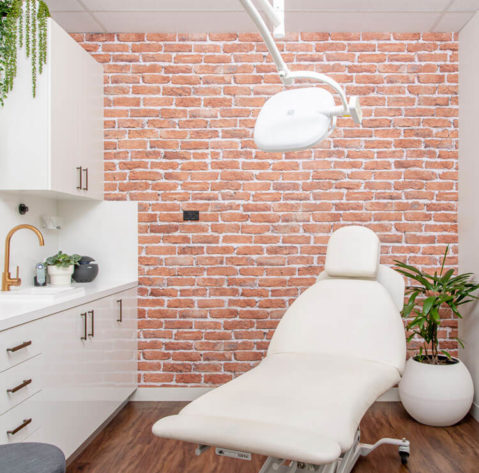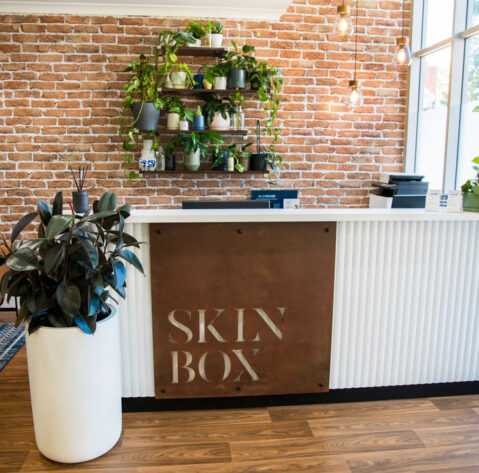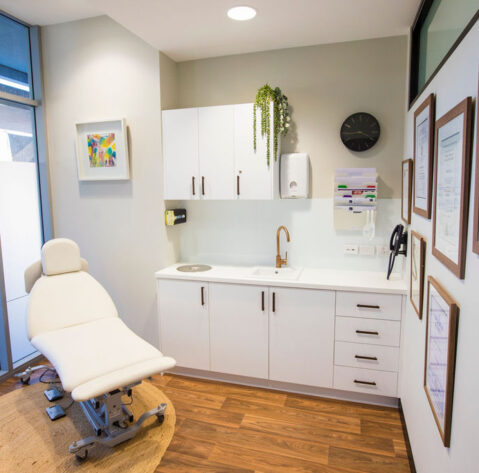Hyperpigmentation treatments
Human skin is naturally pigmented by melanin, which is produced in varying amounts by our melanocytes. People with Fitzpatrick Type 1 & 2 skin naturally make less melanin than those with higher skin types such as Type 5 & 6. But for skins of all types, uneven or patchy pigmentation can be problematic.
Melasma is a common pigmentation disorder that occurs in all skin types. It tends to be chronic and can relapse, having a significant impact on the quality of life. Successful management often requires a multimodal approach and at SkinBox, our experienced and highly qualified team can utilise a range of topical therapies, chemical peels and light or laser options to tailor-make a treatment plan.
More simple pigmentation issues can also be approached by one or more of these options…
Topical therapies
Using a combination of cosmeceutical & pharmaceutical actives we can optimise your skincare regime to minimise excess pigmentation at all 3 stages of the melanin production pathway. For resistant pigmentation, our doctors can customise a compounded medical-grade cream that is individualised for you.
Liquid Exfoliants
Also known as chemical peels, these treatments can lift off pigment that is trapped in the top layer of skin. Personalised to suit your skin’s needs.
IPL | Intense Pulsed Light
Precisely selected wavelengths of light to treat pigment in the epidermis and superficial dermis, with quick results and minimal downtime.
Alma Hybrid® laser
This recent breakthrough in fractional resurfacing laser technology allows comfortable treatment of superficial skin pigment in almost all skin types with minimal-downtime. It also allows for ultrasound-driven, direct delivery of pigment suppressor enzyme, peptides and moisturising elements to the deeper layers of the skin.




